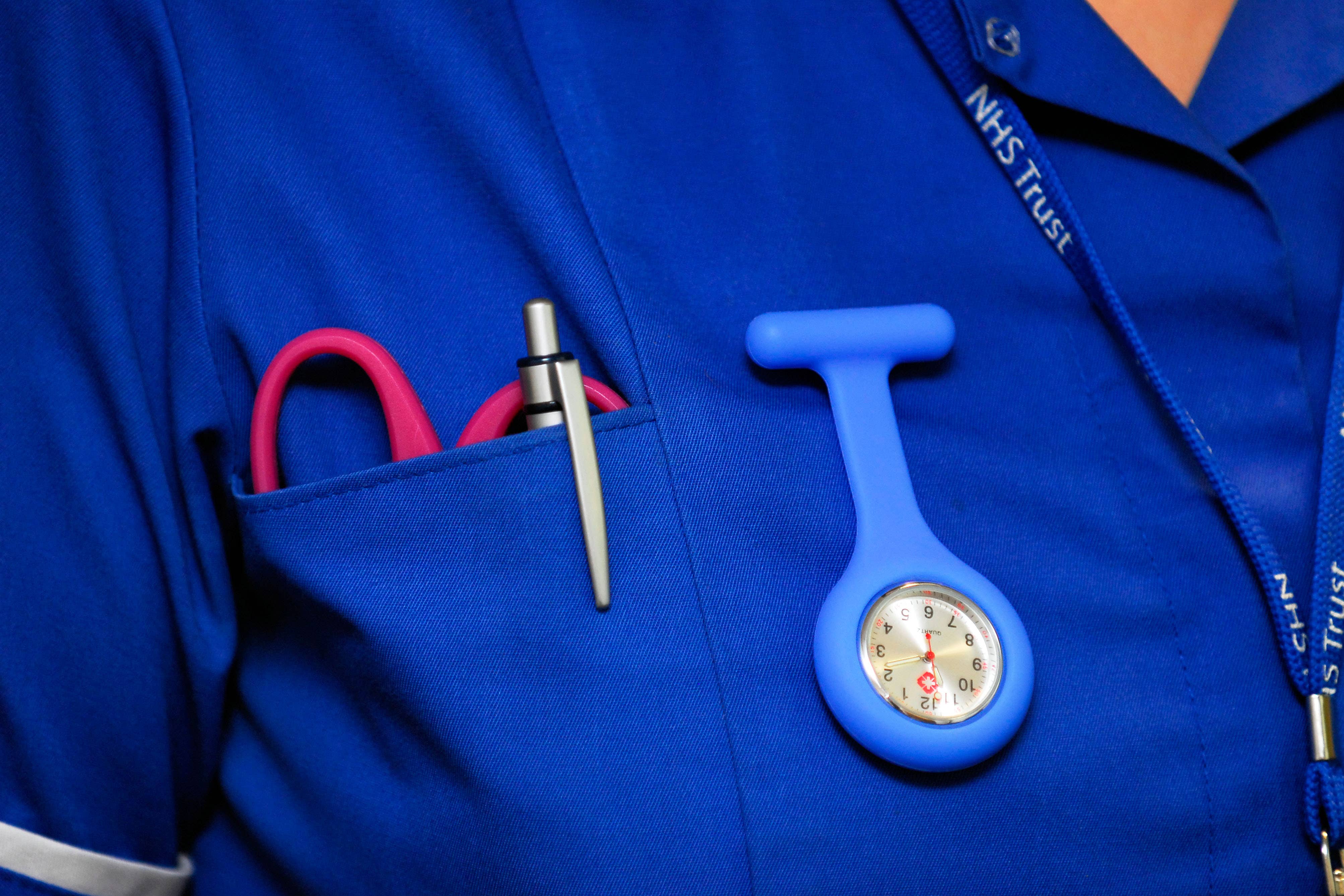Stressed medical students considering quitting before they qualify as half struggle with mental health
Three-quarters of students in the UK are worried about how staff shortages will affect their future careers as waiting lists hit all-time high
Your support helps us to tell the story
From reproductive rights to climate change to Big Tech, The Independent is on the ground when the story is developing. Whether it's investigating the financials of Elon Musk's pro-Trump PAC or producing our latest documentary, 'The A Word', which shines a light on the American women fighting for reproductive rights, we know how important it is to parse out the facts from the messaging.
At such a critical moment in US history, we need reporters on the ground. Your donation allows us to keep sending journalists to speak to both sides of the story.
The Independent is trusted by Americans across the entire political spectrum. And unlike many other quality news outlets, we choose not to lock Americans out of our reporting and analysis with paywalls. We believe quality journalism should be available to everyone, paid for by those who can afford it.
Your support makes all the difference.Almost six in ten medical and nursing students in the UK are struggling with their mental health – with some saying they are considering quitting the profession before they have even qualified.
New research, by Elsevier Health, a scientific research group, found 57 per cent of trainees say they are anxious about their mental health, while a fifth are contemplating dropping out of their undergraduate degrees.
Researchers discovered three-quarters of medical and nursing students in the UK are worried about how healthcare staff shortages will affect their future careers.
Researchers polled just over 2,200 students around the world – with 325 UK students surveyed.
Anjola Awe, a third-year medical student at King’s College London, told The Independent she was considering quitting the NHS and contemplating other areas of work.

The 20-year-old said: “I speak to lots of medics who are considering leaving – my default is assuming most people are. Understaffing definitely plays a role but not for why you might think, the issue is why is it understaffed?
“Why are people leaving? That seems like a red flag. I’m not just thinking about picking up the extra work.”
Ms Awe, who is interested in plastic surgery and sexual and reproductive health, said a colleague had just been telling her about how she is looking at work outside medicine.
“You will have doctors encouraging you to look at other options which are not going into the NHS. Mostly they suggest you go to work as a doctor in Australia or Canada.
“I am keeping my options open. My issue is I love medicine that is the thing I’m most passionate about.”
Ms Awe raised concerns over the cost of both the entry fee and preparation for medical exams, adding that she has not looked at the cost for any of the UK exams as she is keeping her options open.

“I was burnt out in the pre-clinical part of my training because the work we do in a term is more than other students do in a year,” she said. “I wasn’t sleeping as much as I could have been. I did all-nighters in the second year.”
Data from June shows there were more than 125,000 vacancies in hospital or clinical care in England, and over 10 per cent of all nursing jobs are empty, while the waiting list for NHS treatment is at an all-time high at 7.75 million.
Dr Philip Xiu, a GP who supports medical students and junior doctors in Leeds, said: “I see daily how vital it is we address students’ well-being concerns.
“Doubling enrolment won’t resolve looming workforce shortages if issues impeding student wellness go unresolved.”
Jan Herzhoff, Elsevier Health’s president, added: “It’s clear that healthcare across the globe is facing unprecedented pressures, and that the next generation of medical and nursing students are anxious about their future.”

Join our commenting forum
Join thought-provoking conversations, follow other Independent readers and see their replies
Comments